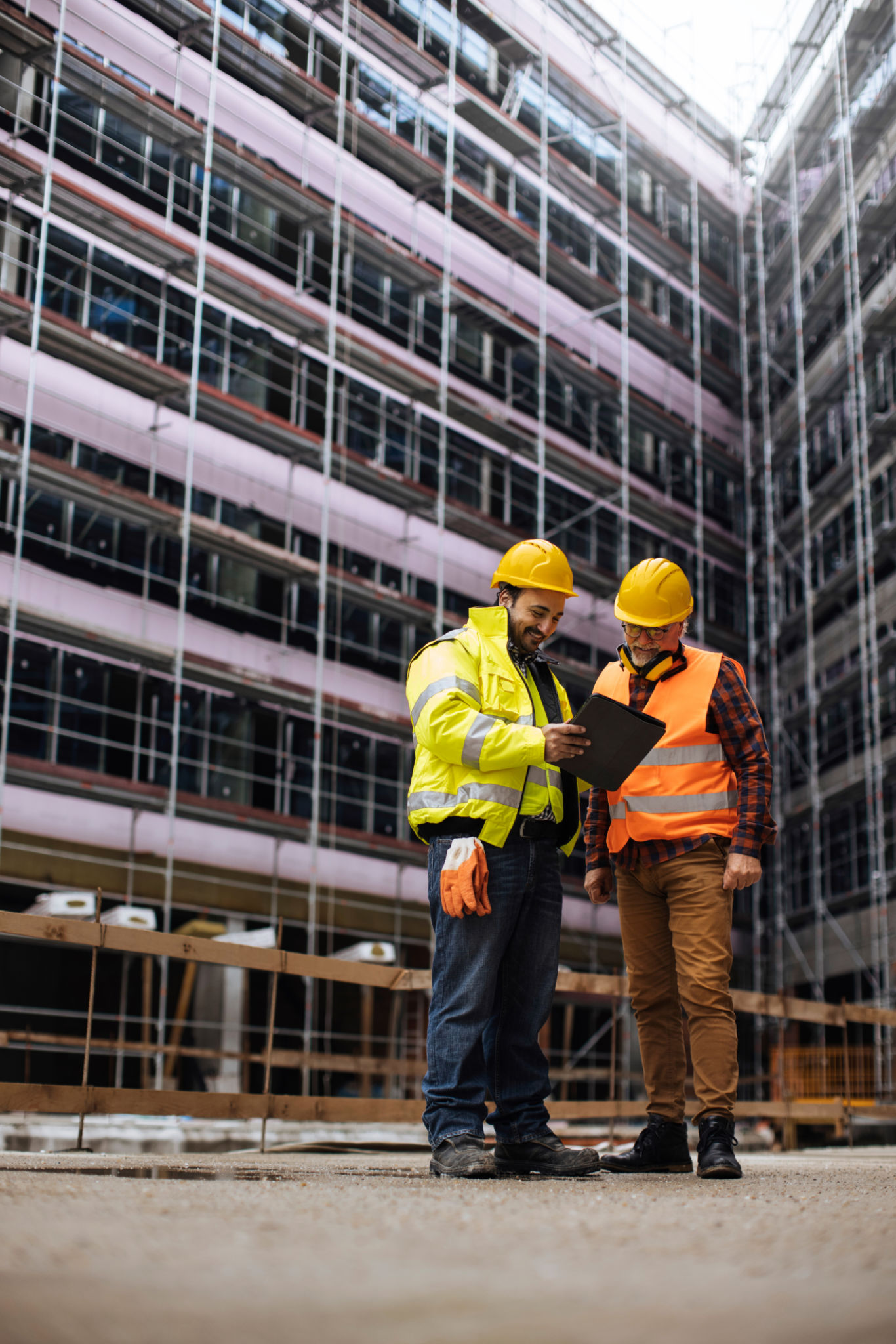Frequently Asked Questions About Construction Permits and Regulations
Understanding Construction Permits
When planning a construction project, obtaining the necessary permits is a critical step. Permits ensure that your project complies with local building codes and safety regulations. The requirements for construction permits can vary significantly depending on your location and the scope of your project. It is essential to understand these requirements to avoid potential legal and financial issues.

Why Are Permits Necessary?
Construction permits are in place to guarantee that buildings meet specific safety standards. They help protect the community by ensuring structures are safe and compliant with zoning laws. Permits also ensure that construction practices adhere to environmental regulations, which is increasingly important in today's eco-conscious world.
Types of Construction Permits
There are several different types of construction permits, each serving a unique purpose. The most common include:
- Building Permits: Required for new constructions, additions, or major renovations.
- Electrical Permits: Necessary for any electrical work, such as wiring or installing new systems.
- Plumbing Permits: Needed for installing or modifying plumbing systems.
- Mechanical Permits: Required for HVAC system installations or modifications.

How to Apply for a Permit
The process of applying for a construction permit typically involves submitting detailed plans and specifications of the proposed work to the local building department. It’s essential to have a clear and comprehensive plan to prevent delays. In some cases, you might need to hire a licensed architect or engineer to assist in preparing these documents.
Common Challenges in Obtaining Permits
One of the most frequent challenges faced during the permit application process is the delay in approval. This can often be attributed to incomplete or inaccurate application submissions. To mitigate this, double-check that all required documents are included and filled out correctly. Another potential hurdle is navigating zoning laws, which can be complex and vary widely from one area to another.

Permit Costs and Fees
Construction permit costs can vary based on the project's size and complexity. Typically, fees are calculated as a percentage of the estimated project value. It's wise to budget for permit fees early in the planning stage to avoid surprises down the road. Some jurisdictions may also require additional fees for inspections throughout the construction process.
Inspections and Compliance
Once a permit is issued, inspections will be required at various stages of the construction process. These inspections ensure that the work complies with the building codes and standards outlined in the permit. It’s crucial to schedule these inspections promptly, as failing to do so can result in costly fines or even halts in construction.
Consequences of Skipping Permits
Undertaking construction without the necessary permits can lead to significant consequences. Not only could this result in fines and legal action, but it could also mean that any work completed without a permit may need to be redone at your expense. Additionally, selling a property with unpermitted work can be challenging, as it could affect property value and deter potential buyers.
In conclusion, understanding and navigating construction permits and regulations is crucial for any building project. By taking the time to ensure compliance with local laws and obtaining the necessary permits, you can avoid delays, additional costs, and legal troubles, ultimately leading to the successful completion of your construction project.